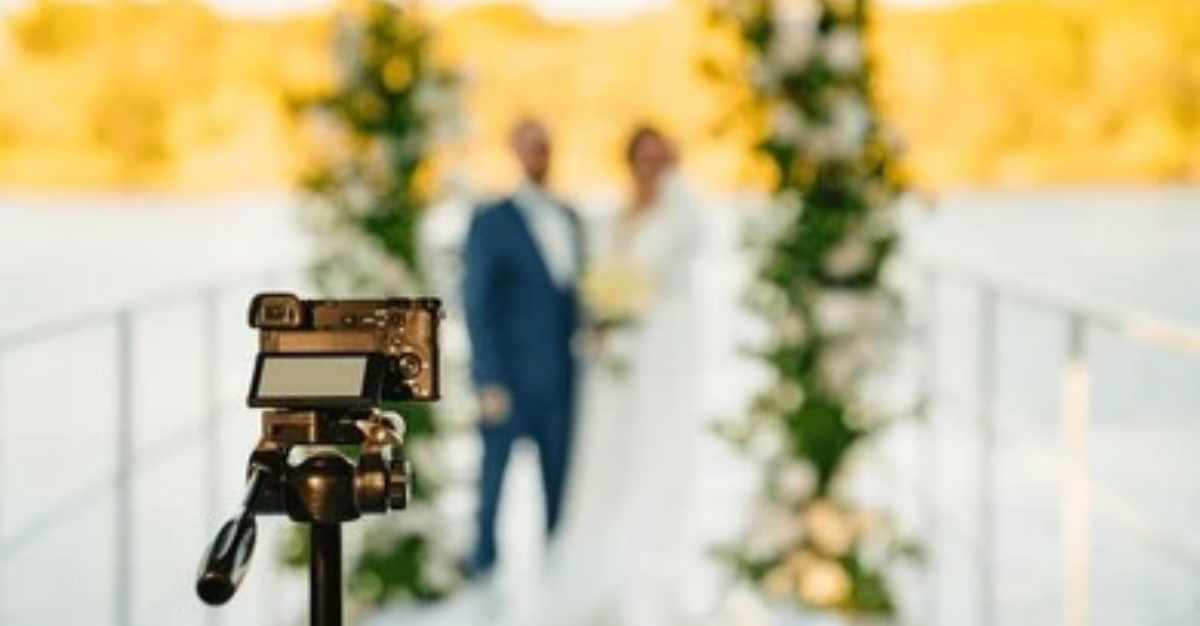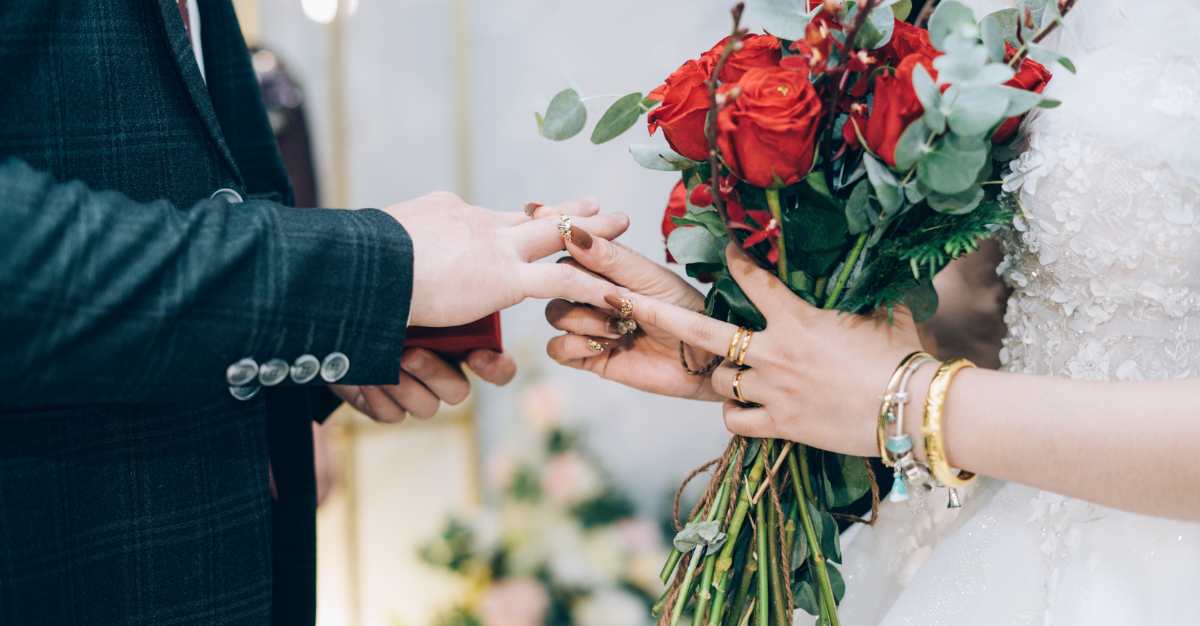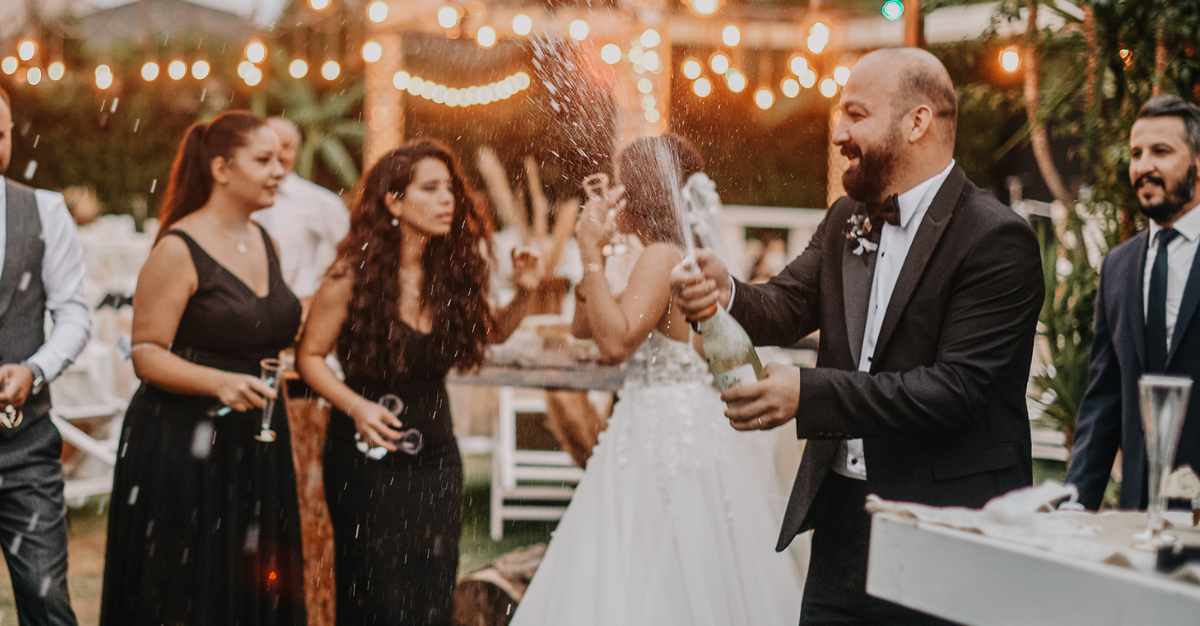As the day wears on, a wedding videographer will not treat you like one of those wedding photographers who would look up posing and staging here and there. On the other hand, for capturing your specific moments, nothing beats wedding photography!
But now, videography adds another dimension to photography. So, what are the differences between wedding videography and photography? Simply, action, sound, and feeling are recorded in motion pictures while still photography captures only images.
Photos and videos equally and optimally take care of your wonderful memories from the day of your wedding. Thus, let’s know more about both of them!
What Is Wedding Videography?

Wedding videography records a couple’s wedding day on film. It captures live action and sound to preserve the event for future viewing.
A professional wedding videographer documents all the key moments, including the ceremony, reception, and special interactions between the couple and their guests.
The final product is edited into a highlight reel or full-length feature. This tells the story of the day with motion, sound, and emotion.
What Is Wedding Photography?

Wedding photography aims to capture still pictures of key moments throughout the wedding day.
A wedding photographer applies their skills to produce stunning and captivating images that preserve the mood, feelings, and clips of the occasion.
From staged portraits to spontaneous shots, photography stops time enabling couples to look back on the emotions, specifics, and happiness of their wedding day.
They make sure these moments turn into cherished memories displaying everything from close exchanges to the splendor of the location.
The Differences Between Photography And Wedding Videography
In the process of planning a wedding, the dilemma of whether to hire a videographer or an official photographer may crop up. Wedding photography, like videography, has its advantages and can stir up great memories. Some like the stationary moments in time and try to abstract and encapsulate those feelings and thoughts in picture form. Here are the core differences between wedding photography vs videography.
Different Ways To Capture Memories: Images Vs. Videos
The visual perspective of an event is what essentially sets apart wedding videography from photography. It is the job of photographers to freeze certain isolated time frames that allow the audience to fill in the emotional part.
In contrast, video marketing, also known as wedding cinematography, physically brings the motion and the sound together. There is a photo that may be the best asking, and it is like a long twist about only pictures that light up in the views.
Every individual format is extraordinary in its own right, however, when done together, none of the details is missed or overlooked regarding that particular day in your case – the wedding.
Each and every one of the formats presented is unique, yet they all serve the common task of supplying all of the information on your wedding day and omitting nothing.
Equipment’s Function In Pictures And Video Clips
Studio or location photography entails using a camera, lenses, and sometimes a flash, as the minimum equipment that most of the wedding photographers, who take this task, will always carry with them.
So, what kind of equipment do video shooters generally bring? To begin with, a great deal of equipment is usually involved. Things like lighting, microphones, tripods, and cameras are only the tip of the iceberg. To shoot movies, you can use, and often do use, stabilizers, drones, sound mixers, etc.
This indicates that while one shoots long sequences, the other does only focus shots. Each task is carved out and the line between the two becomes complicated.
Work Setting: Individual Artists Vs. Collaborative Workers
Photographers are outcasted more often than other artists, working on an image one or several going. These artists are creative, customized, and effective. Filming a video usually involves a cast and a crew.
Shooting a video of a wedding ceremony involves a combination of sound, lights, and different camera positions, which makes it even more complex than shooting a still picture. The movement of all photographers is almost unlimited, while most videographers need a good time to prepare their locations.
Both of them, though similar and simultaneous with dissimilarity in values and approach, will go to any length in documenting your day that matters to you.
Storytelling
The heart of photography is synthesis – there should be a beginning, a middle, and an end to each story. A photograph of the first kiss during a wedding can involve quite a lot of emotion from the people watching since it is an important phase in the celebration.
The whole event can be chronicled through the use of videography as it happens or at least recorded and edited. Everywhere, videography spares no effort in engaging and retelling every detail of a wedding from how the bride walks down the aisle to the wedding vows and how there are teardrops.
Though photographs help to gratify a moment, it is nothing to compare with motion pictures, which help to express every emotion in detail.
Time And Money Investment
Most of the time the wedding photographer will manage to take a few shots of these moments going over the budget. This is so because making a movie is very tedious work that requires a lot of equipment and people.
However, what everyone calls executive service does not deliver the same value or effect to every customer. Whereas, while photographs can be retaken and sent out quickly and efficiently, there comes the need for more thorough works that require more time and they are videos of the event.
Before bearing in mind that they want to plan a movie experience, the bride and groom ought to first consider the budget, whether they are ready to spend, and whether they want close, strong shots or wide, movement-filled enchantingly deep stories.
The End Result
The result of every wedding photography project is mostly a well-designed wedding album filled with a collection of photos of key moments on your wedding day.
This is how long these pictures remain in people’s homes even when they are no longer in fashion since they remain as keepsakes for many people.
A videographer, however, presents the viewer with an entire film, even if it is a short movie trailer or a complete wedding video. While albums and videos do capture special moments of the big day, videos bring all these moments into a story that develops every time it is played.
Wedding Videography And Photography: What You Need To Know

Wedding videography and photography both have an essential part to play in capturing your special day. Photos keep single moments frozen in time giving couples the chance to print and show off important shots.
But wedding videos bring these memories to life adding movement, audio, and feeling to the experience. Take the first kiss, for example. Pictures show how beautiful it looks, but the video lets you hear the crowd cheer and feel the thrill all over again. Makes you go back in time.
Wedding videos include voices, music, and speeches letting you experience the day again in ways photos can’t.
When combined, they give you a full record of the wedding saving the day from many angles and views. Picking both makes sure you remember and value every part, from touching speeches to casual interactions.
How Combining Videos And Photos Helps?
For the best outcome, you should combine both wedding photography and videography. The following are the benefits to it:
Different Views
Merging videography and photography gives a full picture of the wedding day. Photographers snap key moments, while videographers record everything in between.
Different camera angles, like a wide view of the ceremony or a close-up of the ring exchange, paint a more complete picture of the event. Together, they make sure every moment, big or small, is caught on camera.
Capturing Emotion And Sound
Pictures show what things look like, but videos let you feel and hear what happened that day. You can watch the promises, hear the giggles, and listen to the songs that made the event come alive.
A snapshot of the newlyweds during their first slow dance looks nice, but seeing it on video brings back the tune and the mood making it even more memorable.
Reliving The Day
Wedding videos give couples a chance to watch their entire day again. They can see everything from the start of getting ready to the last goodbye over and over.
Photos show key moments that people can hang on walls or put in albums, while videos tell the whole story of the day in motion. Together, they create a full lasting memory of the wedding.
Capturing The Unscripted Moments
Wedding days are full of unplanned spontaneous moments. Photographers catch many of these as still images, but videos can record quick interactions that a photo might miss.
This includes things like a loving look between the couple or the happiness on guests’ faces during a toast.
Emotional Reactions Of Guests
Combining photography and videography allows you to capture how your friends and family react. A photo freezes their laughter and tears, while a video shows you their joy in action. This adds another layer of emotional depth to the memory.
Pictorial And Audio Features Of A Wedding
Shooting videos during your wedding ceremony has a unique benefit points than shooting only still images because videography captures the action as well as sound thus all recollections are much clearer.
The film focuses on the wedding day wherein the important things done on that day such as reciting of marriage vows, making toasts, laughing, and the gestures and actions of the guests are recorded.
With this realistic experience, you can feel the same emotions as you experienced that day when everything had taken place in front of you.
In other words, wedding videography goes beyond aesthetics and allows you to keep the atmosphere and emotions that surround the event. The speech, the vows, and even the joyful chat of your guest will all haunt you for days.
Share Your Stories
Wedding videographers are storytellers and storying about weddings is what they love best. The professionals can capture the day’s activities, starting from the preparations till the last dance.
They compose a plot based on the most important highlights of your wedding, so no smiles, laughs or even tears won’t be left behind if they are there. With this narrative feature, your wedding film changes from being just a piece of document.
A wedding video recording is more than just a timeline of events. Every event is a grand moment of felt emotions that every videographer should be competent enough to capture and equally know how to narrate the events.
A feeling of a cinematic experience will be evident on your big day, be it preps to the last dance or cutting of the cake. Skilled videographers may take the heart of your love and bring it to the screen in inventive ways, editing it suitably and building suspense in the scenes.
Stylization
In the present world, wedding movies can be termed movies because of advancements in technologies and filmmakers as these are full of cinematic features.
So, with this level of production, you have an artistic wedding film, which you and your relatives will be not ashamed to review and present many years further.
Sharing It With Distant Relatives
Many couples have family or friends who can’t come to their wedding. A video shot by a pro lets them see the whole event, while photos show key moments. Using both gives loved ones the best chance to feel like they were there.
Full Coverage Of Reception
Photographers snap moments like cake cutting or speeches, but videographers capture the lively vibe of the reception. The sounds of people laughing, glasses clinking, and happy cheers come across best in the video creating a lasting memory of the post-ceremony fun.
How To Pick The Right Videographer And Photographer?
Here comes a big task, choosing the right services for videography and wedding photography Ireland. If you are doubtful, read on to know how to choose the best:
Know Your Style
Before picking a videographer and photographer, figure out what style you like. Do you want traditional posed pictures or more candid natural ones? For videos, do you prefer a documentary approach or a cinematic look? Knowing your style will help you find pros whose work matches your vision.
Set A Realistic Budget
Wedding photos and videos can cost a lot, so it’s key to set a realistic budget. Focus on what you want, like how long the video should be or how many photos you need, and divide your money. Look for deals that offer both services to cut costs.
Check Their Portfolio
Take a look at the past work of any videographer or photographer you’re thinking about. Their previous projects will show you their style, inventiveness, and how they handle weddings. Check for steady quality and their ability to capture important moments.
Meet In Person
It’s essential to sit down with potential videographers and photographers before you hire them. This gives you a chance to see their character, work ethic, and if you click with them. Remember, they’ll play a big part in your special day so you want someone who gets what you’re after.
Read Reviews And Testimonials
Feedback from previous clients sheds light on the videographer and photographer’s work ethic, output quality, and dependability. Search for comments about their skill in capturing feelings, timely delivery of the final product, and how they collaborate with the couple.
Ask About Equipments They Use
The gear used plays a role in determining the caliber of the end photos and videos. Question potential hires about their cameras, lenses, and editing programs. This confirms they’re using cutting-edge tech to produce top-notch results.
Look At Their Experience With Weddings
Weddings are one-of-a-kind events. They need special skills to capture moments that won’t happen again. Make sure your chosen videographer and photographer have lots of wedding experience. Their know-how will help them predict key moments and adjust to the changing nature of a wedding day.
Styles Of Wedding Videography And Photography
During a wedding, you might not get enough time to plan the whole thing on the spot. That’s why, here are a few styles that will help you figure out what you want!
Traditional vs. Contemporary Photography
Traditional wedding photography focuses on posed shots and formal portraits. These classic images, like family group shots or the couple looking at the camera, stand the test of time and work well in albums.
Contemporary photography takes a different approach. It uses natural light, spontaneous moments, and creative angles to tell a story.
Cinematic vs. Documentary Videography
Cinematic videography tries to create a film-like atmosphere. It uses bold camera angles, music, and skilled editing to stir emotions.
Documentary-style videography looks more genuine and unpolished. It records events as they happen with minimal or no staging. This approach gives a true-to-life picture of the wedding day.
Story-Telling vs Vintage Videography
Storytelling makes your wedding like a movie. You can feature your relationship journey from dating to marrying. It’s a wholesome kind of video perfect to look back on or just preserve the journey of love forever.
Vintage Videography takes on the retro, 90s aesthetic into a wedding video. These are usually videos with a vintage filter and are sometimes shot with 16mm film or even a camcorder. It’s a fun one to try especially if you’re in the mood for a nostalgic rollercoaster.
Key Shots For Wedding Videography And Photography
Again, you need to keep the shots prepared before the actual day. So, here are a few ideas that can save you a lot of time!
Moments Before The Ceremony
Anticipation builds before the ceremony starts. Capturing the bride and groom as they prepare, their interactions with family, and the small behind-the-scenes details, like final adjustments or nervous grins, creates a visual story leading to the main event.
Close-up Shots
Close-up shots showcase the tiny elements that make each wedding special, from rings and flowers to decorations and invitations. These images are crucial to capturing the day’s atmosphere and the careful planning that went into the event.
Ceremony Essentials
- The Aisle Walk: This is one of the most touching parts of any wedding. A photographer snaps the bride’s look, while a videographer films her walk and how the guests and groom react, keeping a full record of this key moment.
- First Kiss: The first kiss as a married pair is a shot you can’t miss. Pictures capture the thrill and closeness of the moment, while video lets you see again the cheers from the crowd and the pure joy of the new couple.
Reception Moments
- First Dance: The newlyweds’ first dance stands out as a touching part of the reception. Photo pros zero in on the dance’s grace, while video team’s record the moves, tunes, and feelings of this special time saving it for the couple to relive in the future.
- Toasts And Speeches: Toasts and speeches blend warm words with jokes. Photo experts catch guests’ faces and reactions, while video crews get the whole talk on tape giving couples a chance to see and hear these key moments again down the road.
- Fun Candid Shots: Some of the best memories come from unplanned moments that happen during the day. Candid photos of guests laughing, dancing, and having fun at the event show the happiness and excitement of the celebration. Adding video footage to these natural moments gives them more depth.
Managing the Budget for Both Videography and Photography
The most important thing about hiring photographers or choosing the right wedding photography and videography packages Ireland is the budget. So, here are a few considerations that you can remember:
Determine Priorities
When you plan your wedding, decide which moments you want to capture most. Do you care more about the ceremony, or is the reception more important? By knowing your priorities, you can spend your money on the parts that matter most to you.
Think About A Combined Package
Many videographers and photographers have combined packages on offer, which can save you money compared to hiring separate professionals. This helps you stick to your budget and makes sure the coverage is consistent because both teams know how to work together.
Choose Part-Day Coverage
If you’re short on cash, think about hiring a videographer or photographer for just part of the day instead of the whole event. Focus on getting the key moments on film, like the ceremony and first dance, while letting guests snap casual photos during the less formal times.
Cut Out Extra Stuff
Many photo and video packages include extras like printed albums or additional coverage hours. To cut costs, choose digital options or fewer coverage hours. You can always add extras later when your budget allows.
Limit The Number Of Photos And Videos
Tell your photographer and videographer to deliver a set number of edited photos or a shorter highlight video. This can help reduce expenses. If you need more edits or photos later, you can always ask for them.
Work Out Payment Plans And Negotiate
Lots of professionals have payment plans, so you can pay over time. This helps you afford better services without lowering quality. Talk about payment options with people you might hire to find a plan that fits your budget.
Use Seasonal Discounts
If you’re getting married in the off-season, ask for lower prices. Many photographers and videographers charge less when weddings are scarce. Use these deals to get great services for less money. Don’t forget to negotiate your prices for an even better deal. It helps to save some of your cash too.
Final Tips For Working With Your Wedding Videographer And Photographer
After everything, making your big day all about you should be the photographer and videographer’s goal. Hereby, here are a few tips that you can follow to make it perfect!
Communicate Your Vision
Talk to your photographer and videographer about your ideas. Show them pictures of the shots and moments you want them to capture. Give them a list of must-have shots to make sure they know what matters most to you.
Schedule A Pre-Wedding Consultation
It’s crucial to meet with your videographer and photographer before your wedding day. This gives you a chance to review the schedule, check out the venue, and discuss any special requests. It also helps you get to know each other so everyone’s on the same page when the big day arrives.
Be Comfortable And Natural
The more at ease you feel in front of the camera the better your photos and video will turn out. Listen to your videographer and photographer for guidance, but try to be yourself. This approach leads to more authentic heartfelt images.
Plan For Unscripted Moments
The best wedding moments often happen by chance. While a shot list helps, leave room for spontaneity. Trust your videographer and photographer to catch the magic as it unfolds without sticking too to a set schedule.
Review The Final Outcome
After getting your wedding photos and video, take some time to look through everything. Check that you’re happy with the final edits and don’t wait to ask for any changes. Most pros are willing to make small tweaks if you ask right away.
Frequently Asked Questions (FAQs)
What is the difference between videography and film?
Attention to detail is very important when making videography to document events such as marriages, interviews, and sports. In contrast, cinematography is the shooting of scripted films, TV programs, or advertisements, where the people behind the camera – cinematographers do the placement of lights, angles, and even the mood to create a graphic-like narrative.
What is a cinematic wedding video?
The major objective of a cinematic wedding video is to capture and narrate the entire wedding day artistically and fashionably rather than just documenting the day’s transpirations. Cinematography involves giving brief attention to scenes and as such aims at producing rather than recording events on the actual day.
How many types of videography are there?
Videography has various categories like branded videos, business videos, wedding films, aerial videos, and drone services. Each category adheres to different techniques, tools, and goals, whether it is capturing days such as weddings or shooting commercials for businesses.
Is videography harder than photography?
Overall, it can be said that videography is more painstaking than photography owing to the oftentimes more detailed and time-consuming nature of editing. Drying a minute of video content may appear to be easier than spending an hour making several images to achieve the same narrative.
Bottom Line
In examining the differences between wedding videography and photography, one is concerned with the nature of complexity and the amount of stories intended for the audience. Photography captures freezing time but videography brings the audience back in time to watch the whole event as it unfolds.



